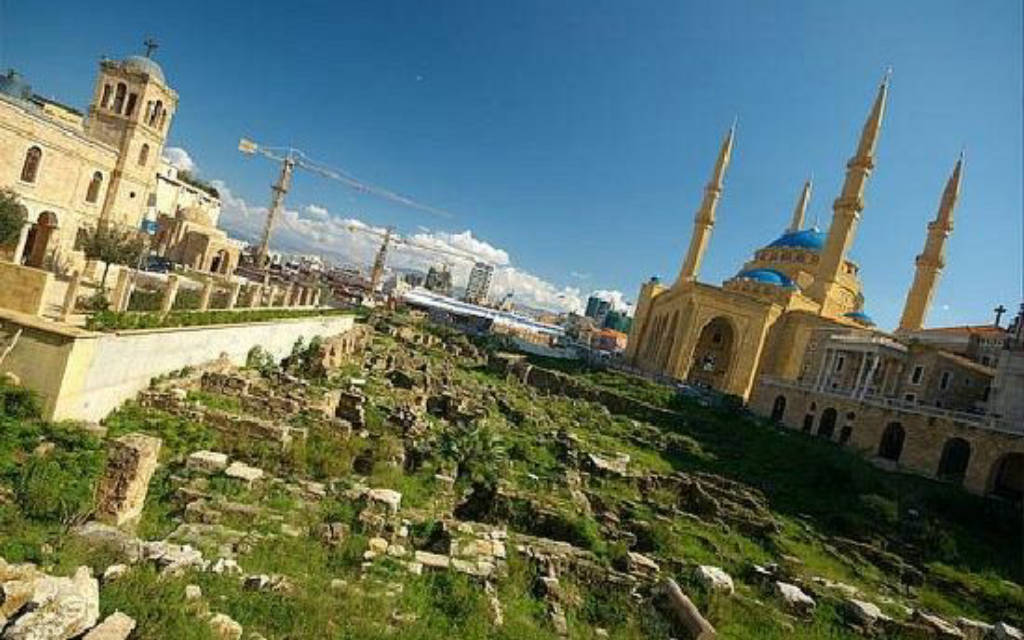The Garden of Forgiveness in Beirut is a serene and contemplative urban oasis that holds a unique significance in the heart of Lebanon's bustling capital. This beautifully landscaped garden, nestled in the midst of the city's vibrant Ashrafieh district, serves as a symbol of hope, reconciliation, and healing in a nation scarred by the wounds of a tumultuous history.
Here are the key features and highlights of the Garden of Forgiveness:
Historical Background:
The Garden of Forgiveness is more than just a picturesque park; it carries a profound historical and emotional weight. Its creation was inspired by the tragic civil war that ravaged Lebanon from 1975 to 1990. This conflict left deep scars on the nation, both physically and emotionally.
Reconciliation and Healing: The garden's name, "The Garden of Forgiveness," reflects the fundamental theme of the site. It was conceived as a space for reflection, remembrance, and, most importantly, reconciliation. The garden aims to be a place where individuals and communities can come together to heal, forgive, and build a better future.
Architectural Beauty: The garden's design blends natural beauty with thoughtful landscaping. Visitors can stroll along tree-lined pathways, admire colorful flowers, and sit by the tranquil pools and fountains. The design encourages a sense of calm and reflection.
Artistic Expressions: The Garden of Forgiveness also showcases various art installations and sculptures that convey messages of unity and peace. These artworks serve as powerful reminders of the importance of forgiveness and reconciliation in a post-conflict society.
Cultural and Educational Events: The garden hosts a variety of cultural events, workshops, and educational programs focused on promoting peace, understanding, and forgiveness. These activities draw people from diverse backgrounds and encourage dialogue.
Community Engagement: The garden is not just a passive space but a hub for community engagement. It serves as a platform for discussions, commemorations, and community projects that aim to bridge divides and promote reconciliation.
Healing Wounds: For many Lebanese, the Garden of Forgiveness has become a place to heal personal and collective wounds. It offers a sanctuary where individuals can reflect on the past, honor loved ones lost in the conflict, and contemplate a shared future.
Symbol of Resilience: The garden is a living testament to the resilience of the Lebanese people. It reflects their commitment to moving forward, leaving behind a painful history and embracing a more peaceful and harmonious future.
The Garden of Forgiveness has gained international recognition as an inspiring example of post-conflict reconstruction and reconciliation efforts. It has been the subject of numerous documentaries, articles, and research projects.
 Register
RegisterSign in Travel Agent
Sign in Supplier
Sign in Affiliate
Sign in Guru



 Boutros Dagher, Bayrut, Li-băng
Boutros Dagher, Bayrut, Li-băng